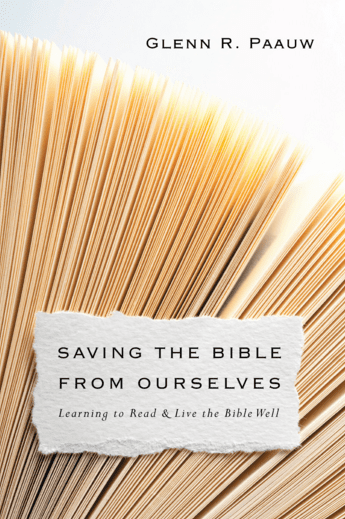Timothy Larsen, a Wheaton professor, has a way of writing fascinating studies that move from the analytical into a larger synthesis that sheds light on our day as well. He’s done it again in A People of One Book: The Bible and the Victorians. The major literary figures of the Victorian era, like Dickens, have all been studied to show that the Bible was at work in their writings. In this the year of the King James Bible, we are given here not yet another book on the influence of the KJB, but instead an examination of how pervasive the Bible was in the Victorian period. This book is a must for all libraries and for all those who want to understand the Victorians.
Most interestingly, Larsen scans the whole of the Victorians and shows that the Bible was at work as well in figures one would not suspect of being Bible-d (my inelegant word). Thus, he shows how Victorian atheists, Victorian Unitarians, Victorian Quakers, Victorian liberal Anglicans … all of them were deeply immersed in a Bible culture and expressed themselves by communicating that Bible culture.
Let me add a thought: many of us today are urging the church to read the Bible from beginning to end in order to enter the Story of the Bible in such a way that we can live it out. What that kind of culture can look like can be seen in the Victorian era.
Larsen scans the breadth of Victorian culture with a chp on each of the following representatives of various intellectual pursuits: Anglo-Catholic E.B. Pusey, Catholic Nicholas Wiseman, atheists Charles Bradlaugh and Annie Besant, Methodist and holiness Catherine Booth and William Cooke, Liberal Anglican Florence Nightingale, Unitarian Mary Carpenter, Quaker Elizabeth Fry, agnostic T.H. Huxley, evangelical Anglican Josephine Bulter, and the “Orthodox old dissent” (and inimitable) C.H. Spurgeon.
I was particularly impressed with Larsen’s ability to scarf up stuff on Besant that showed she used special biblical language for the most unusual of things, like using Isa 6:8 to explain her atheist calling: “Who will go? Who will speak for me?” and then “Here am I, send me!”
Or with Florence Nightingale, clearly a liberal and unorthodox in many ways, who did not give up engaging with the Bible on a regular basis. She couldn’t get the Bible out of her system even when it was out of her system (to adapt something Larsen says).
A splendid chp on Charles Spurgeon. Loved it. Anyone who loves Spurgeon will benefit from how Larsen examines his sermons because he’s not interested in his preaching so much as how drenched he was in the Bible.
Ours is not a Bible culture, so imitation of the Victorians is not the point. What is the point is that Christians today are challenged in reading Larsen to become what the church ought to be, people of one book.











